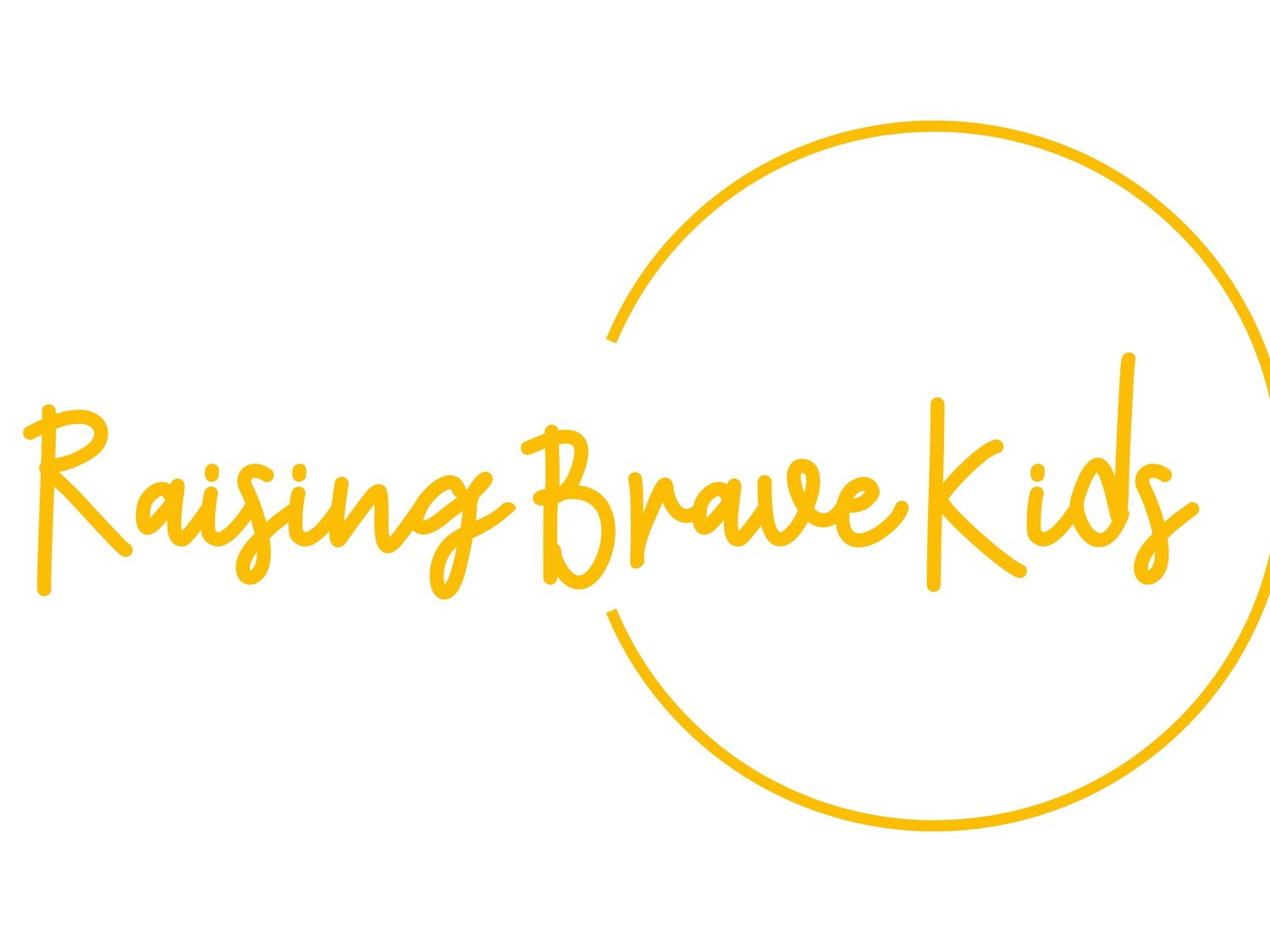Getting Through the Holiday Season with an Anxious Child: A Guide for Parents
The holiday season brings with it festive gatherings, joyful traditions, and memorable moments. Yet, for families raising anxious kids, it can also bring stress and overwhelm. If you're a parent striving to create a supportive environment for your anxious or sensitive child this holiday season, this guide will provide practical tools to help your family navigate the season with confidence and calm.
Understanding Holiday Stressors
For children with anxiety or OCD, the holidays can feel overwhelming. Common challenges include:
Routine Disruptions: Kids often rely on routines for stability, and the holiday season can throw that stability off balance.
Sensory Overload: Bright lights, loud gatherings, and constant activity can overwhelm sensitive children.
Social Expectations: Family events and meeting new people can be challenging for kids with social anxiety or perfectionist tendencies.
Big Emotions: Excitement, fear, and pressure can lead to heightened emotional responses.
Recognizing these triggers is the first step in tailoring the season to meet your child’s needs.
Using Our Holiday Stress Scale to Support Your Child
We’ve created a simple stress scale to help you check in and notice where your child is emotionally and physically during the holiday season. This tool is designed to make it easier to recognize your child’s stress level—whether they’re feeling calm and cheerful, a little tense, or completely overwhelmed.
By identifying where they are on the scale, you can:
Have more Awareness: Use the scale as a quick and simple way to gauge how your child is feeling throughout the season.
Recognize Patterns: Notice if their stress level changes based on certain events, environments, or expectations.
Respond Effectively: Tailor your support based on their current needs, whether it’s offering a supportive statement (this is a lot and I know you can handle it), creating a quiet moment to take a break, or stepping in to help manage big emotions with co-regulation & coping skills.
The stress scale helps you understand your child’s experience and offer timely support.
When kids feel understood, they can better manage emotions and enjoy the season.
.
1. Set the Stage for Predictability
Anxious children feel safer when they know what to expect. Creating a sense of predictability during the holidays can help them feel grounded.
Create a Visual Calendar: Map out the holiday season with events, activities, and quiet days at home.
Preview Upcoming Events: Before a holiday party or family gathering, walk through what your child might experience, from meeting relatives to where they can find a quiet space if needed.
At Raising Brave Kids, we teach families how to incorporate tools like these into daily life. For families looking for more support our parent-focused groups in California & Oregon, can help you develop effective parenting strategies with anxious kids.
2. Build Emotional Resilience Through CBT Tools
Cognitive Behavioral Therapy (CBT) techniques can empower kids to manage their worries by reframing unhelpful thoughts and practicing calming strategies.
Replace Worries with Helpful Thoughts: If your child is worried about being the center of attention at a family dinner, help them reframe their thought. For example: “I don’t have to talk the whole time. I can just listen and share when I feel ready.”
Practice Deep Breathing: Simple techniques like “smell the hot chocolate, blow on it to cool it” can help younger kids calm their bodies.
If you're in Portland, OR, our in person child therapy & CBT skill building groups give kids strategies for managing challenges year round.
3. Honor Your Child’s Need for Downtime
Holidays can feel non-stop, but children benefit greatly from moments of rest and connection.
Plan Quiet Breaks: Schedule time for low-key activities like reading, crafting, or simply relaxing at home.
Get Outside: A nature walk or time at the park can provide a calming reset.
In our parent coaching sessions, we focus on finding balance—supporting each family member’s unique needs while working together to build a family life that aligns with your values.
4. Ease Social Pressures at Gatherings
Large family gatherings or holiday parties can be intimidating for anxious children. You can support them by setting boundaries and offering coping strategies.
Prep Ahead of Time: Talk about who they will meet and what the event will involve. You might say, “We’ll see Grandma and Grandpa, and if you feel nervous, we can take a short walk together.”
Skip Forced Interactions: Let your child decide whether to participate in hugs or greetings—respect their boundaries.
Many families in California and Oregon find these strategies helpful. We love this Coping Skills Flip Chart by Janine Halloran & the book Find Your Calm: A Mindful Approach To Relieve Anxiety And Grow Your Bravery by Gabi Garcia for some practical tools.
5. Let Go of Perfectionism
Holidays don’t have to be perfect to be meaningful. For children with anxiety or OCD, embracing imperfection can be a powerful lesson.
Focus on Effort, Not Outcome: Praise your child’s willingness to try, even if things don’t go as planned. For example, “You did such a great job introducing yourself to Aunt Sara, even though it was hard.”
Model Self-Compassion: Show your child that it’s okay to let go of the “perfect holiday.” Laugh off small mistakes and celebrate moments of connection instead.
6. Incorporate Mindfulness into Holiday Moments
Mindfulness practices can help anxious kids stay present and reduce holiday overwhelm.
Engage the Senses: Try grounding techniques, like the 5-4-3-2-1 method: name five things they see, four they can touch, three they can hear, two they can smell, and one they can taste.
Mindful Breaks: Take a few deep breaths together before heading into a busy event.
Mindfulness is a core part of our therapy groups at Raising Brave Kids, helping children and families navigate stressful times with greater ease.
7. Find Joy Together
The holidays are an opportunity to connect, grow, and create memories as a family. Intentionally slow down and savor simple moments, like watching a favorite holiday movie, taking an evening walk to admire festive lights, or just turning off devices to fully join in your child’s play. These small, meaningful activities foster connection and remind everyone of the joy the season holds.
By tuning into your child’s needs, setting realistic expectations, and building in time for rest and reflection, you can create a season that feels joyful and meaningful for parent and kids.
If you’re looking for expert guidance or support, Raising Brave Kids is here to help. With therapy programs for anxious kids and parent-focused support for families across California & Oregon, we’re committed to helping you and your child thrive—not just during the holidays, but year-round. Schedule your free consultation today.







